Posts Tagged ‘employer best practices’
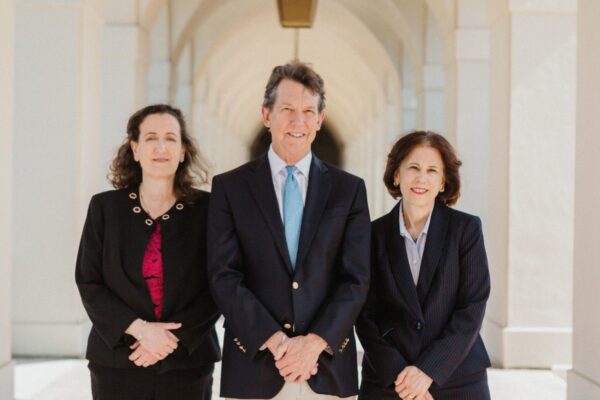
HOLDING FIRM
As a close observer of the 2014-2015 Ebola outbreak from my West African work, the most precious commodity in the current pandemic is knowledge. Please consider this eight-minute COVID-19 video for a concrete understanding of the actual challenge we all face and the simple actions necessary to place this ordeal firmly in the rear view […]

TELECOMMUTING IN RESPONSE TO CORONAVIRUS OUTBREAK
Employers are taking various steps to help offset the economic repercussions of the Coronavirus pandemic, such as providing employees with the use of paid sick leave, paid vacation time, and telecommuting. A well-written telecommuting policy permits managers and rank-and-file workers alike to know where they stand. It should minimally address these points: Identifying the equipment […]

APPLE OUTSMARTED
Company Must Pay Workers for Bag and Device Check Time Like many companies, Apple has a practice of checking retail workers’ bags and personal electronic devices after they clock out as a theft prevention measure. In a February 2020 ruling, the California Supreme Court directed that Apple must compensate such employees for that time, including […]

ABOLISHING WORKPLACE BIGOTRY: A WORK IN PROGRESS
California’s Fair Employment and Housing Act (FEHA) and its federal counterpart, the Civil Rights Act of 1964, are designed to protect employees from unlawful discrimination. The FEHA also established the Department of Fair Employment and Housing (DFEH) to investigate, mediate and prosecute workplace discrimination complaints. It is the largest state civil rights agency in the […]
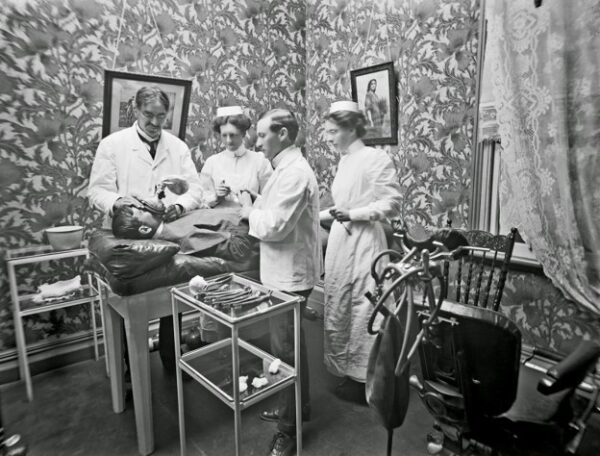
WHAT’S NEW IN 2020 ORGAN DONOR LEAVE EXPANDED
Effective January 1, 2020 California law requires employers with 15 or more on payroll to provide paid organ donor leave to any employee undergoing such procedures. Beginning January 1, 2020, employers must also provide additional unpaid time off up to a total of 30 business days for organ donor leave. Thus, any employee undergoing an […]
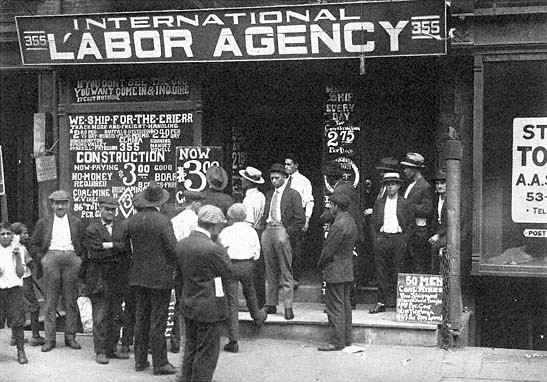
“AT WILL” EMPLOYMENT A THREE-MINUTE HISTORY
A concept born with the 1800s Industrial Revolution , “at will” employment is proclaimed to survive in every American state except Montana as the right of either employer or employee to terminate their relationship for any or no reason at any time, with or without advance notice. Yet, the principle has changed significantly over the […]

ROADKILL
Federal Court Denies Uber Request to Stop AB5 In a blow to the gig economy, a Los Angeles federal court has ruled that Uber, Postmates and two individual plaintiffs are unlikely to succeed on their constitutional challenges to AB5. Olson v. State of California (Olson). While noting the potential harm Uber and the other plaintiffs […]
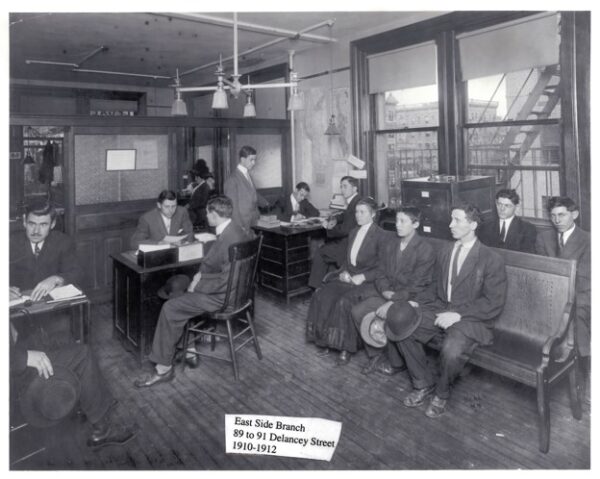
WHAT’S NEW IN 2020 DOT YOUR I-9’S
Revised Employment Eligibility Verification Form I-9 Released January 31, 2020 All U.S. employers must verify identity and work authorization for each employee hired within the U.S., including citizens and non-citizens, using “Form I-9, Employment Eligibility Verification” (the I-9 Form or Form). The I-9 form directs the employee to present specified documents evidencing identity and employment […]

THE MYSTERY OF IT ALL
Lony Chaney, 1920 Employed or Independent? California Offers AB5 Answers The hottest California employment question of late: do independent contractors still exist? The California Supreme Court’s 2018 Dynamex decision turned independent classification on its head, imposing a strict “ABC” contrary to decades of law and custom. The legislature followed suit with Assembly Bill (AB) 5, […]
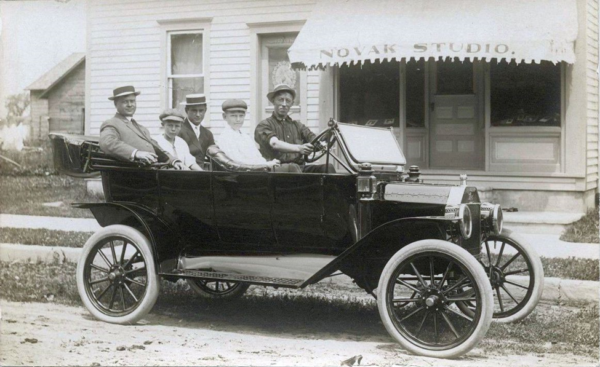
WHAT’S NEW IN 2020 ROAD TRIP DIP
IRS Mileage Rate Down a Half Cent Effective January 1, 2020 The Internal Revenue Service has announced its 2020 optional standard mileage reimbursement rate for employee business use of a personal vehicle, effective January 1, 2020, decreasing from 58 to 57.5 cents. These rates stem from annual government studies of fixed and variable automotive operating […]
